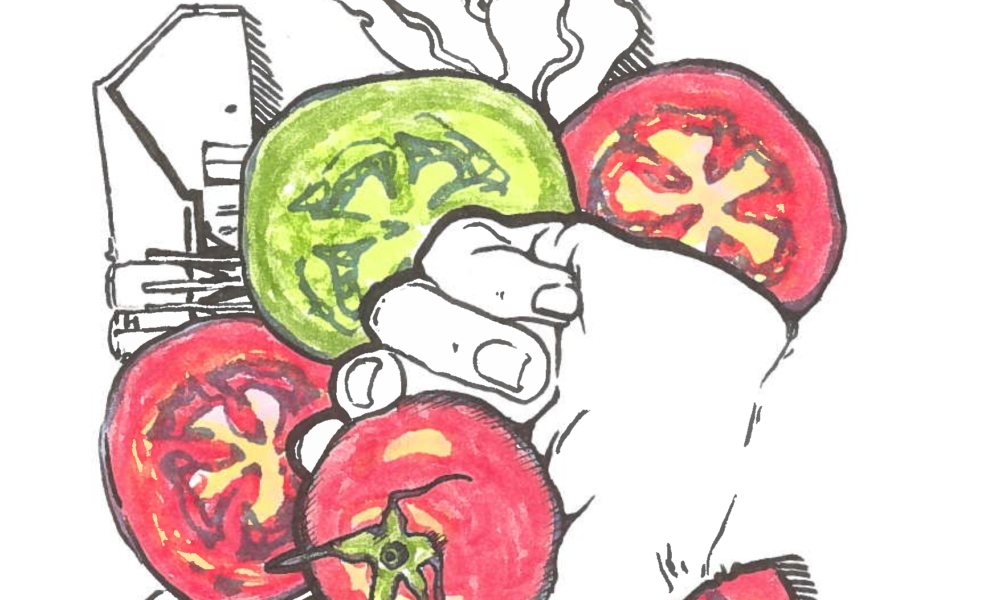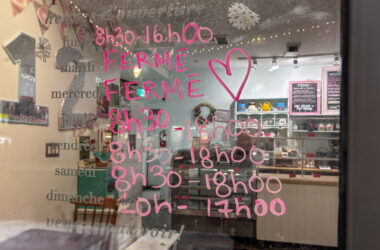As the Fall term begins, so does the reality of budget-conscious student eating, considering the lack of fresh produce on students’ plates. Whether that is due to their longevity or expense, many students encounter barriers when buying fruits and vegetables. But what if quality fruits and vegetables are more accessible to McGill students than it seems?
While there are vegetable baskets available at the downtown campus through the McGill Farmers’ Market every Thursday until October, the Macdonald campus’ efforts towards accessibility and visibility for local produce are undoubtedly superior.
Located only 32 kilometres away from downtown campus, the Macdonald Campus Farm boasts 240 hectares of land—it is McGill’s own living laboratory. Graduate and undergraduate students alike are taking their plant breeding research beyond the lab to the field to foster produce of better quality and higher yield, while simultaneously integrating pest management control. Genetic improvements are leading to better colour, taste and shape of fruit and vegetables— integral factors in consumer decision-making. This work is predominantly based at the Horticultural Research Centre, a space consisting of orchards, vegetable research plots, fruit grading equipment and cold rooms. It has also sparked the McGill Feeding McGill project that supplies 25000 kg of fresh produce—including green peppers, red peppers, butternut squash, and strawberries—each year across Montreal. Furthermore, the Macdonald Student Ecological Garden (MSEG) grows their own produce for their weekly market stall at the Sainte-Anne-de-Bellevue farmer’s market and for their basket subscriptions to Montreal communities.
The projects led by McGill’s Macdonald campus are increasing agricultural awareness and promoting agricultural education. They encourage local consumption of improved produce and avoid the excess packaging often seen in supermarkets. However, the wide-scale accessibility and visibility of the projects have not been adequately broadened to the downtown campus.
Such projects are certainly benefitting Macdonald Campus students socially, financially, and environmentally. However, the same cannot be said for students based at the downtown campus. Innovations so close to home remain out of reach. Such efforts must be made accessible to students across both of McGill’s campuses through increasing mobility between the two, raising the Macdonald campus profile, and providing more opportunities for Macdonald campus representatives and speakers downtown to make the presence more known. A shift in attention could prove critical, as around 37,000 of the over 39,000 students enrolled at McGill are based downtown. If anything, this statistic highlights the importance of knowledge, accessibility, and visibility in reaching each and every student in every faculty at McGill, not just those based at Macdonald campus. While the tradition is wonderful, the weekly McGill Farmers’ Market isn’t enough to point students in the direction of the organic, affordable produce coming from the Macdonald Campus Farm. Eating sufficient fruit and vegetables plays a crucial role in a healthy lifestyle, especially for students. So, let’s hope that soon the secret wonders of the Macdonald campus will move those 32 kilometers to downtown, or else our shopping baskets will remain a little less full and our platefuls the same boring beige.









